Navigating Psychedelic Experiences: Introducing the Psychedelic Preparedness Scale (PPS)
Published in Behavioural Sciences & Psychology

The Inspiration Behind the Scale
In the landscape of modern mental health research, psychedelics have re-emerged from the shadows of 60s counterculture to the forefront of scientific and public discourse. Once marginalised, these substances are now acclaimed for their remarkable ability to unravel the mind's mysteries and offer promising avenues for treating a wide range of mental health conditions. However, the psychedelic journey spans a wide range of experiences, from revisiting deep emotional traumas to mystical encounters that defy description. This diversity underscores the critical importance of thorough preparation before embarking on such ‘transformative’ journeys.
The concept of psychedelic preparedness has emerged as a vital area of focus within the field of psychedelic therapy. It extends beyond mental readiness, encompassing an individual's psychological, physical, and social readiness for both the content and consequences of the experience. Yet, the challenge remains: there is no standardised tool to measure this preparedness, leaving a gap between understanding and application.
Addressing this gap led to the creation of the Psychedelic Preparedness Scale (PPS), an effort to quantify readiness for psychedelic experiences. Developed through a collaborative effort between researchers and those with firsthand psychedelic experiences, the PPS stands as a testament to the power of combining scientific rigour with the nuanced insights of personal journeys.
A Comprehensive Three-Part Approach
Our research unfolded over three stages, each contributing to the PPS's development, validation and preliminary implementation.
Study 1: Item Generation via DelFo: Given the lack of systematic research on psychedelic preparation, we recognised the need for a novel approach that would integrate the knowledge of psychedelic researchers with the priceless perspectives of individuals who have personally navigated psychedelic realms. This led to the creation of the "DelFo" method, an innovative fusion of the Delphi method and focus groups, specifically designed to stimulate meaningful conversations bridging scientific inquiry with lived experiences. In tackling the challenges of international recruitment and ensuring a diverse range of voices were heard, our journey through Study 1 was both challenging and immensely rewarding. The DelFo method allowed us to create a dynamic environment for consensus-building. The items that emerged from these sessions were not just items on a scale but reflections of a deep, shared understanding of psychedelic preparedness.
Study 2: Psychometric Validation: We then focused on the psychometric validation of the PPS by engaging with over a thousand individuals who have used psychedelics. This step was crucial for ensuring that the scale, developed from the insights of Study 1, was a reliable and valid tool for measuring an individual's readiness for psychedelic experiences. Through an online survey, participants responded to the scale's questions, providing data that helped us refine its length, accuracy and relevance. This process allowed us to verify the scale's consistency in measuring preparedness and to identify four key factors that define this concept. Importantly, our findings showed that the PPS could effectively predict the outcomes of psychedelic experiences, with those scoring higher in preparedness reporting more positive therapeutic results.
Study 3: Practical Application at a Psilocybin Retreat: Finally, we transitioned the PPS into its practical testing phase at a psilocybin retreat, aiming to see how it would perform in a real-world context. This stage was crucial for evaluating the PPS as a tool to measure readiness before individuals engaged in a psychedelic experience. We administered the scale to 46 participants both before and two weeks after their psilocybin retreat, complementing it with psychological assessments such as the 11D-ASC and DASS-21 to examine its predictive capabilities on post-experience outcomes. Our analysis showed that the PPS scores were significantly linked with the ‘quality’ of participants' experiences and their psychological well-being after the retreat. Specifically, higher preparedness scores correlated with more positive outcomes and notable improvements in measures of depression, anxiety, and stress. Hence, this third study solidified the PPS's standing as a meaningful and effective tool for gauging an individual's preparedness for psychedelic experiences.
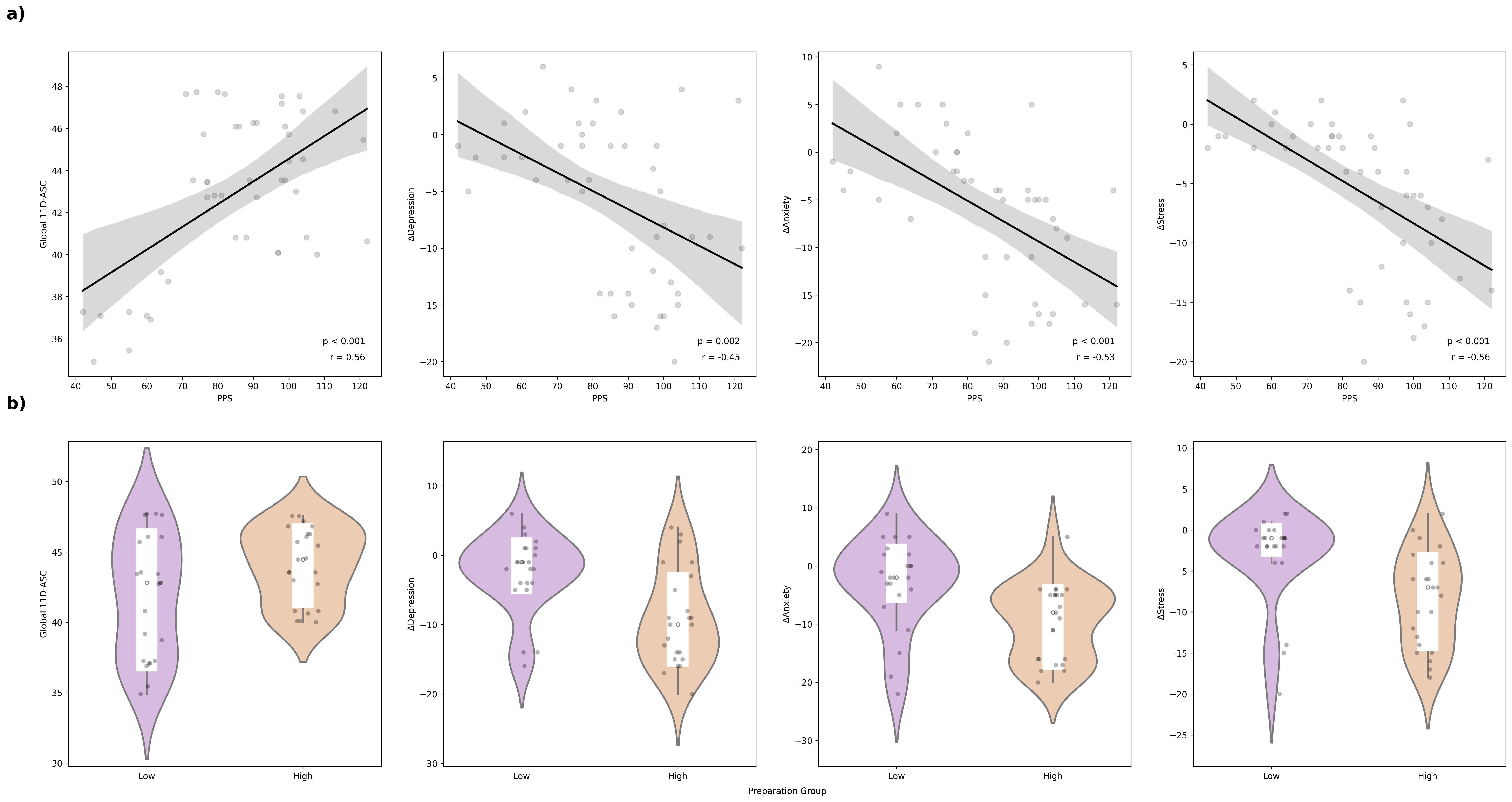
A Deeper Dive into the Four Dimensions of Psychedelic Preparedness
Our research into psychedelic preparedness culminated in the identification of four distinct factors, each encapsulating a fundamental aspect of 'readiness' for psychedelic experiences. These factors are not only pivotal in their standalone significance but also interact dynamically, influencing the overall quality and therapeutic outcomes of psychedelic sessions.
(1) Knowledge-Expectations: This factor captures an individual's understanding and expectations regarding the psychedelic journey. Understanding the potential range of emotional and perceptual shifts is key here, helping individuals brace for the profound and (often) unpredictable nature of these experiences.
(2) Intention-Preparation: This factor delves into the psychological framework set prior to the encounter. It's about the depth and clarity of purpose – why one is embarking on this journey. It encompasses thoughtful intention-setting, an aspect often emphasised in therapeutic settings for guiding and grounding the psychedelic experience.
(3) Psychophysical-Readiness: This factor addresses the individual's readiness to confront and accept challenging emotions and experiences, and a recognition of the physical sensations that might accompany the psychedelic state.
(4) Support-Planning: Critical for both the acute experience as well as the post-experience phase, this factor highlights the importance of practical and emotional support structures. It involves planning for safety, having a supportive environment, and setting up networks or practices for integrating the psychedelic experience into one's life.
Looking Ahead: Implications and Future Directions
We hope the development of the PPS will open new avenues for research and practice in the field of psychedelic science. But beyond (we hope!) academic accolades, we envisage the PPS serving as a bridge—connecting the wisdom of traditional psychedelic use with the precision of modern science. As we look to the future, we envision a world where psychedelic preparedness is recognised not just as a measure on a scale but as a fundamental component of the healing journey. We recognise that our work is only a small step in this direction, and we invite the broader community to join us in exploring the uncharted territories of the mind.
Follow the Topic
-
Scientific Reports

An open access journal publishing original research from across all areas of the natural sciences, psychology, medicine and engineering.
Your space to connect: The Psychedelics Hub
A new Communities’ space to connect, collaborate, and explore research on Psychotherapy, Clinical Psychology, and Neuroscience!
Continue reading announcementRelated Collections
With Collections, you can get published faster and increase your visibility.
Reproductive Health
Publishing Model: Hybrid
Deadline: Mar 30, 2026
Obesity
Publishing Model: Hybrid
Deadline: Apr 24, 2026
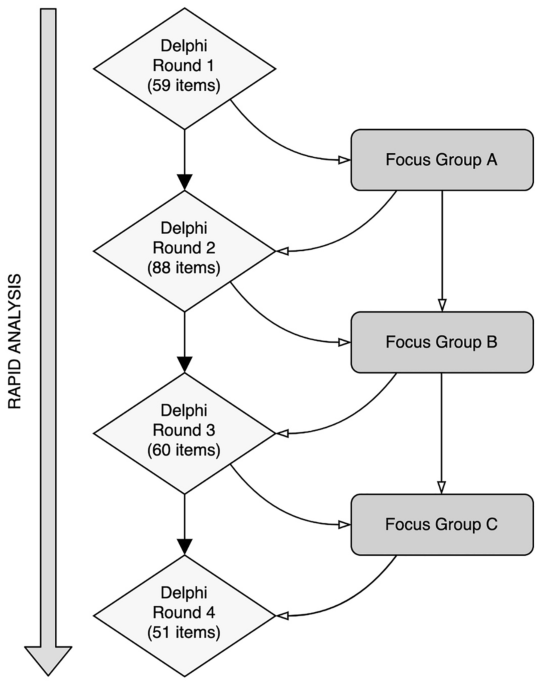
.jpg)
.png)
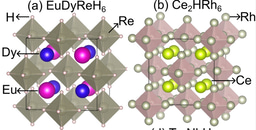
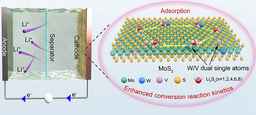
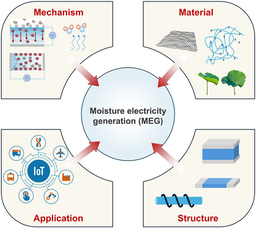
Please sign in or register for FREE
If you are a registered user on Research Communities by Springer Nature, please sign in